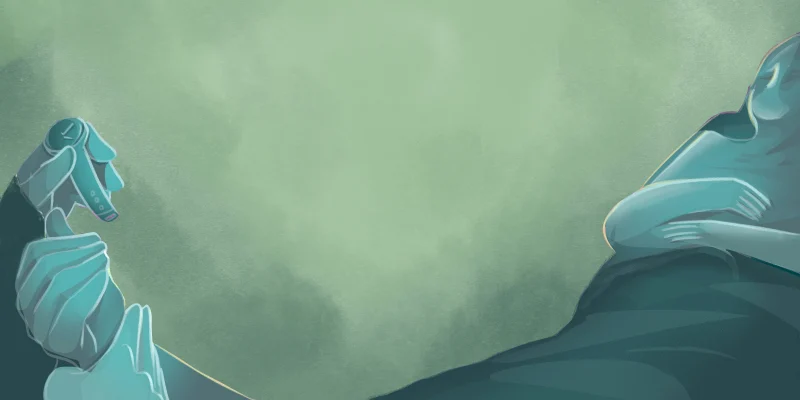
Dear Loved One,
You have overcome near insurmountable obstacles to reach this point. Those hurdles are now solidly in your rearview and today you find yourself on the pinnacle of greatness. Today marks the next step on your journey into our hallowed profession. Undoubtedly, your community of family, friends, mentors, advocates and allies is overwhelmed with pride in your accomplishments.
I write you today, not only to add to the chorus of congratulations, but to ignite a fire of self-determination in the very depth of your being. We need you. We need you, because past and present injustices contribute to the denial of basic human rights in minority communities [1], even in a country celebrated as the standard bearer for equality and freedom. We need you, because access to medical education for black individuals is at a historic low [2]. We need you, because black bodies continue to be underestimated, undervalued and undertreated at a level tantamount to a public health crisis [3, 4].
Be forewarned, the journey on which you embark is often unkind to people like us. There will be days when your brow is beaten by micro- and macro- aggressions, designed to rob you of your dignity. At times, they will imply that your black life does not matter in this profession. At times they will just say it outright. It will be said with snide comments, masked with a thin façade of humor. It will be said with off-putting looks and glances, subversive nonverbal speech and back room conversations to your exclusion. You will be told that you do not fit the mold. That you should just be happy to have a seat at their table. That your name, hair, accent, mannerisms, etc. are not reminiscent of their concept of what a physician should be.
When those days come, we need you to fight. Fight without fear or hesitation. Fight with every ounce of your brilliance. Fight, as if the lives and livelihoods of generations of black people depend on it. Because they do. We need you. And we need you to be you. Your unique perspective and experiences make you invaluable to elevating the standard of patient care. You will forge iron-clad, therapeutic alliances with your patients, that will enrich your life and theirs. Your viewpoints will allow you to redefine, not just what a physician can be, but what a physician should be. But if said viewpoints are lost on this journey, what good does that do?
So, when that ever-present shadow of insecurity attempts to enter the back door of your mind, remember the great host of witnesses who surround and support you. When they attempt to gaslight you, disenfranchise you or just straight up ignore you, remember that you stand on the backs of giants. But even more importantly, remember to use your platform to speak truth to power. Use your influence to speak for others when they cannot speak for themselves. Use your bully pulpit to overturn the status quo when it perpetuates injustice.
And above all, remember that you did not get here on your own. So as you rise, always remember to lift those who follow. Be purposeful and deliberate in word and action. Be unapologetically excellent and unapologetically black.
Sincerely,
The Culture
Kwadwo Adu Owusu-Akyaw is a Chief Resident in Orthopaedic Surgery in the Duke University Health System in Durham, North Carolina. He is a co-founder of the Coalition of Black Physicians, a resident-physician organization dedicated to promoting fellowship, mentorship and advocacy amongst providers of color.
1. Jackson, C.S. and J.N. Gracia, Addressing health and health-care disparities: the role of a diverse workforce and the social determinants of health. Public Health Rep, 2014. 129 Suppl 2: p. 57–61.
2. Laurencin, C.T. and M. Murray, An American Crisis: the Lack of Black Men in Medicine. J Racial Ethn Health Disparities, 2017. 4(3): p. 317–321.
3. Blair, I.V., et al., Clinicians’ implicit ethnic/racial bias and perceptions of care among Black and Latino patients. Ann Fam Med, 2013. 11(1): p. 43–52.
4. Green, A.R., et al., Implicit bias among physicians and its prediction of thrombolysis decisions for black and white patients. J Gen Intern Med, 2007. 22(9): p. 1231–8.







